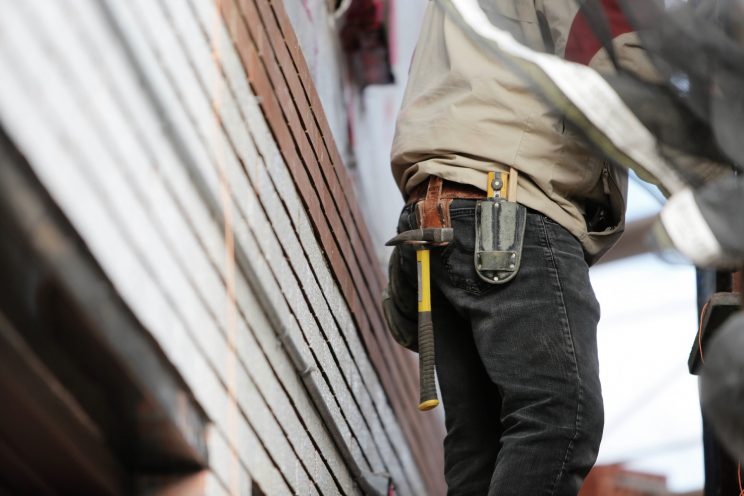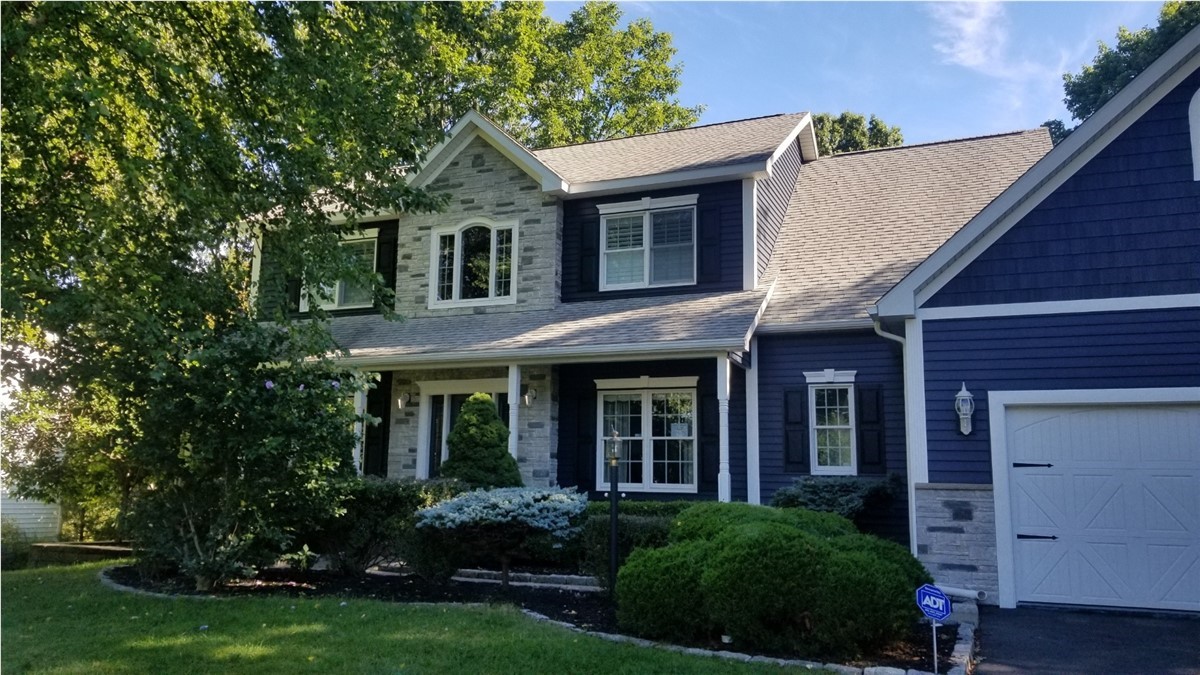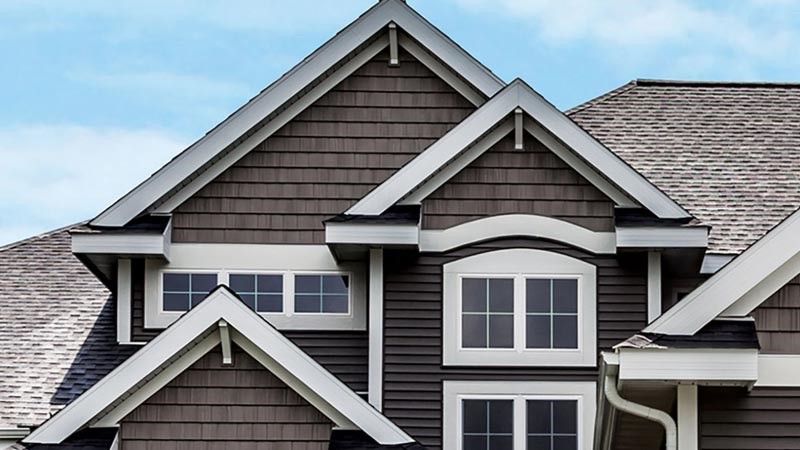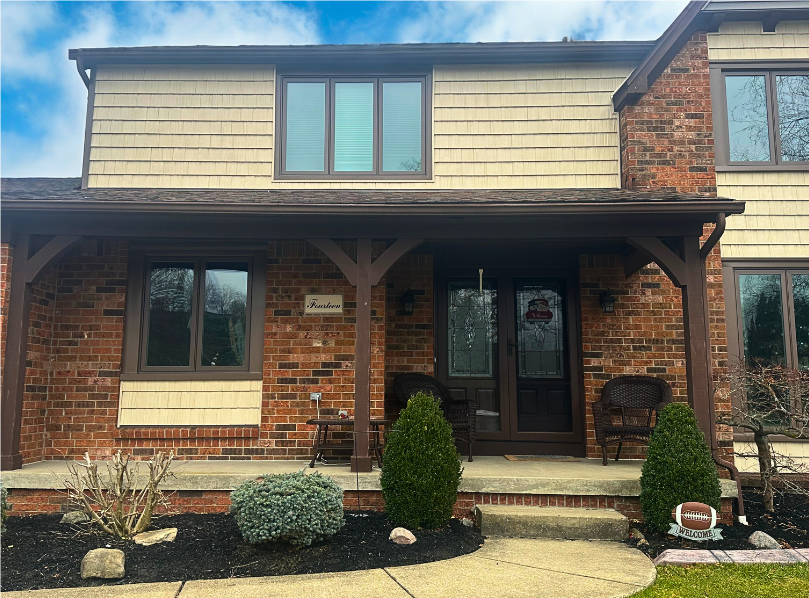When is Home Improvement Debt a Good Idea?
Making home improvements can be a daunting undertaking. Homeowners can sometimes find themselves stuck between a rock and a hard place when they find that they need to make home renovations because the cost of the project seems overwhelming. For instance, many homeowners with aging homes have probably confronted the reality of leaky windows and doors after conducting a home energy audit. Poor insulation and aging construction can lead to expensive heating and cool bills, as minor cracks let in plenty of outside air over time. The natural move for these homeowners is to renovate the offending areas immediately, but that may be costly. As a solution, homeowners should consider whether taking on home improvement debt to finance their projects works for their situation. Debt has gained a bad rap these days and many kinds of debt can be very bad for your financial health. However, responsible borrowing and money management can help you come out of a loan better than when you took it on. Today let’s look at how to responsibly take on debt in order to finance home renovations. We’ll also talk about when debt is a bad idea for your home.Will the Planned Renovation Add Value?
This is definitely the most important question you can ask before making any home improvements of significant cost. Adding value to your home that is proportionate to or greater than the cost of renovation will offset those costs in the long term. When it comes time to sell you will be much better off in the market with a high quality home than one which demands significant work from the new owners. For example, take the energy inefficient home from above. Being old, this home likely has failing insulation within its walls. New insulation is infamous for its cost, up to $2,000 for an average 1,500 square foot home, but a newly insulated home will perform much better on the market and cost you less in gas and electricity. This makes efficiency-boosting renovations a prime example of projects that it’s worth taking on debt for. These changes will add value to your home in the long term and will bring other costs down in the immediate future. Not all home improvements are so clear cut, however. If you’re unsure about whether or not your planned renovations will pay off, take advantage of a free estimate to learn more about costs and expected benefits. You can also check out this chart to compare the cost of possible renovations and their resale values.What is the Right Kind of Home Improvement Debt: Financing Options
If you’ve decided that your home renovations will pay off in the long run, you may be wondering about the right kinds of debt to undertake for your plans. Here are some options to consider.- Refinance your mortgage. If you are already planning to refinance or you think that you can get a better interest rate on your mortgage, this is the best solution when it comes to paying for home renovations. Refinancing can lower your mortgage payments, freeing up extra cash for your home improvements.
- Title I loans. If you have a good credit history and your projects will cost less than $25,000, the government is willing to help you out with a Title I loan. The interest for a Title I loan is based on the common market rate in the region, so you know that you’re not being taken advantage of.
- Credit cards. If your projects are relatively small, taking out a credit card can be the quickest and easiest way to finance them. Keep an eye out for offers from your local home improvement retailers. These stores will often offer special credit cards with rewards centered around home improvement.
When is Home Improvement Debt a Bad Idea?
Do not take on debt if your planned home improvements will not raise the value of your home proportionate to the value of the debt. Use cash to pay for personal aesthetic improvements. For example, repainting a house with no visible paint damage to a color that matches your personal preferences. While these kinds of renovations will make you happier with your home, they will not always carry their value over to the next homeowner. Taking on major home renovations can be exciting and a little scary. By taking care that you are borrowing responsibly to finance your projects, you can upgrade your home with minimal stress.Subscribe to the Comfort Windows & Doors Blog









Comments